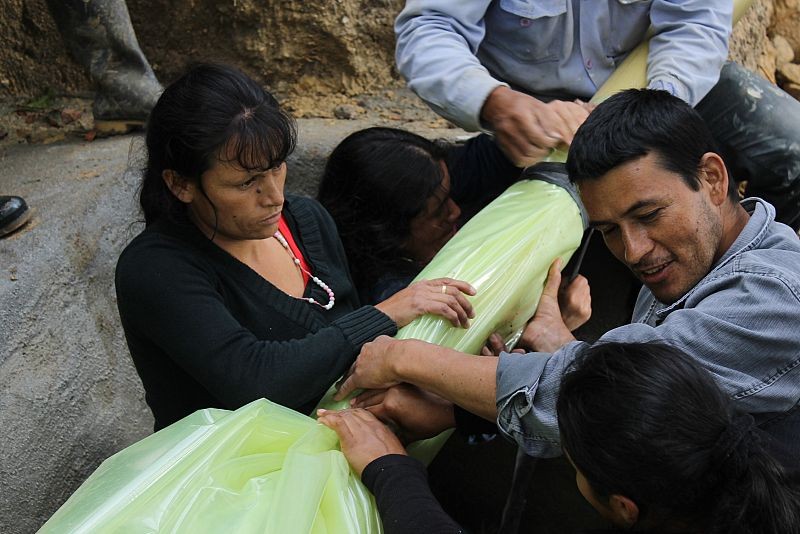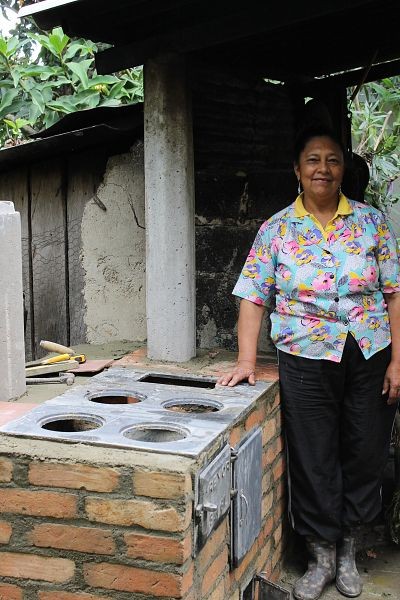We have successfully completed another Train the Trainer sessions as part of our Youth Energy project. This round highlighted the potential of green hydrogen and wind power in driving Argentina’s energy transition. Read on to explore the key concepts and content of the training, held in early March in the Autonomous City of Buenos Aires.
SEPS Exchange – Energy for Food Production in Colombia
This exchange involved a social alliance and collective learning process between NGOs, civil-society organisations (Censat Agua Viva and others) and rural communities from three regions of Colombia.

Local food production in rural Colombian regions (Santander, Córdoba and Antioquia) still depends on the combustion of firewood and obsolete technologies, which consume high levels of energy and emit harmful pollutants. Over the course of this SEPS Exchange, local communities gained technical skills, regional knowledge networks were formed and energy alternatives, including biodigesters, solar dehydration units, solar panels and energy efficient wood stoves, were installed.
All of these achievements were made possible by the education, participation and self-determination of local communities. The new cooking stoves use 40% less firewood and, subsequently, emit less particles, resulting in cleaner working conditions. Solar dehydration units are used for drying plants, herbs and fruits to sell at local markets, while solar panels power water pumps used for irrigation and drinking water supply.
A video documentary of the project is available on YouTube: “Energy to Share, Energy for Good Living” and a photo album is available on our Facebook page.


